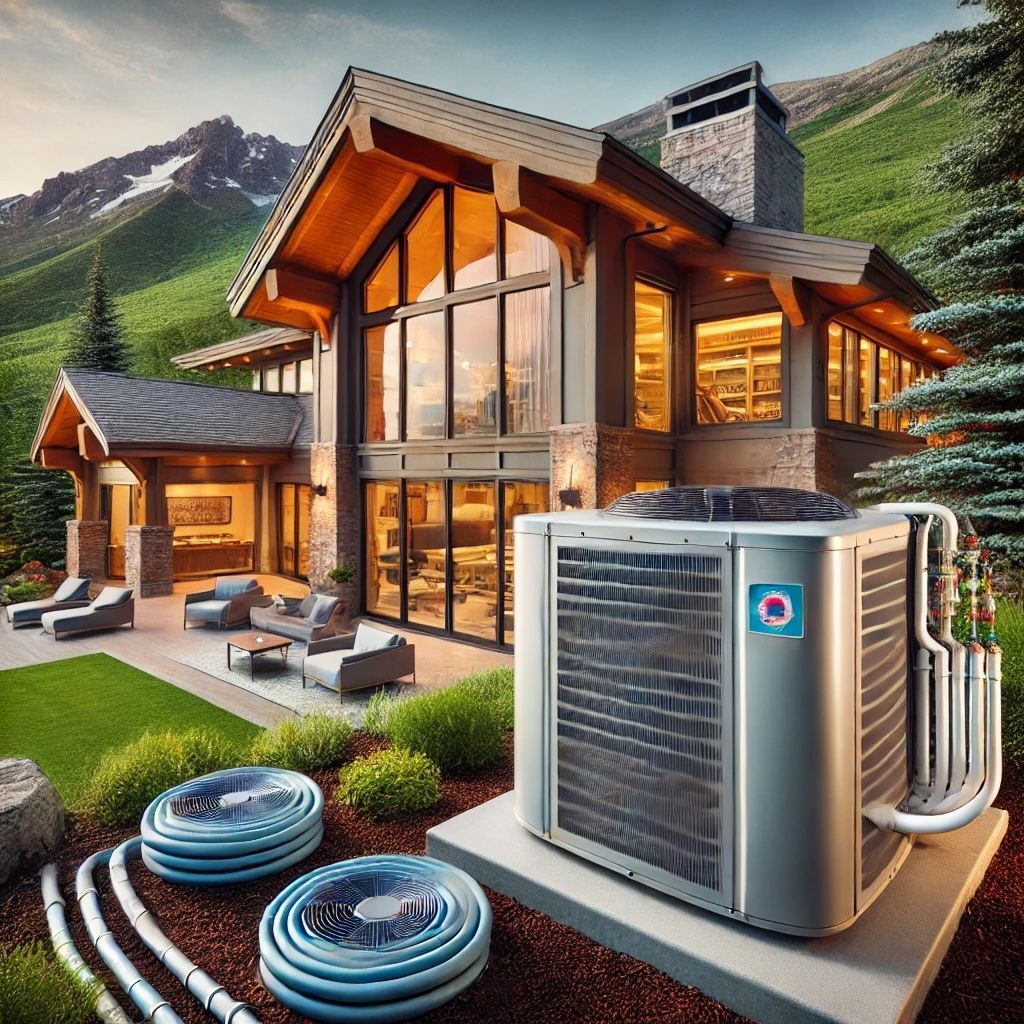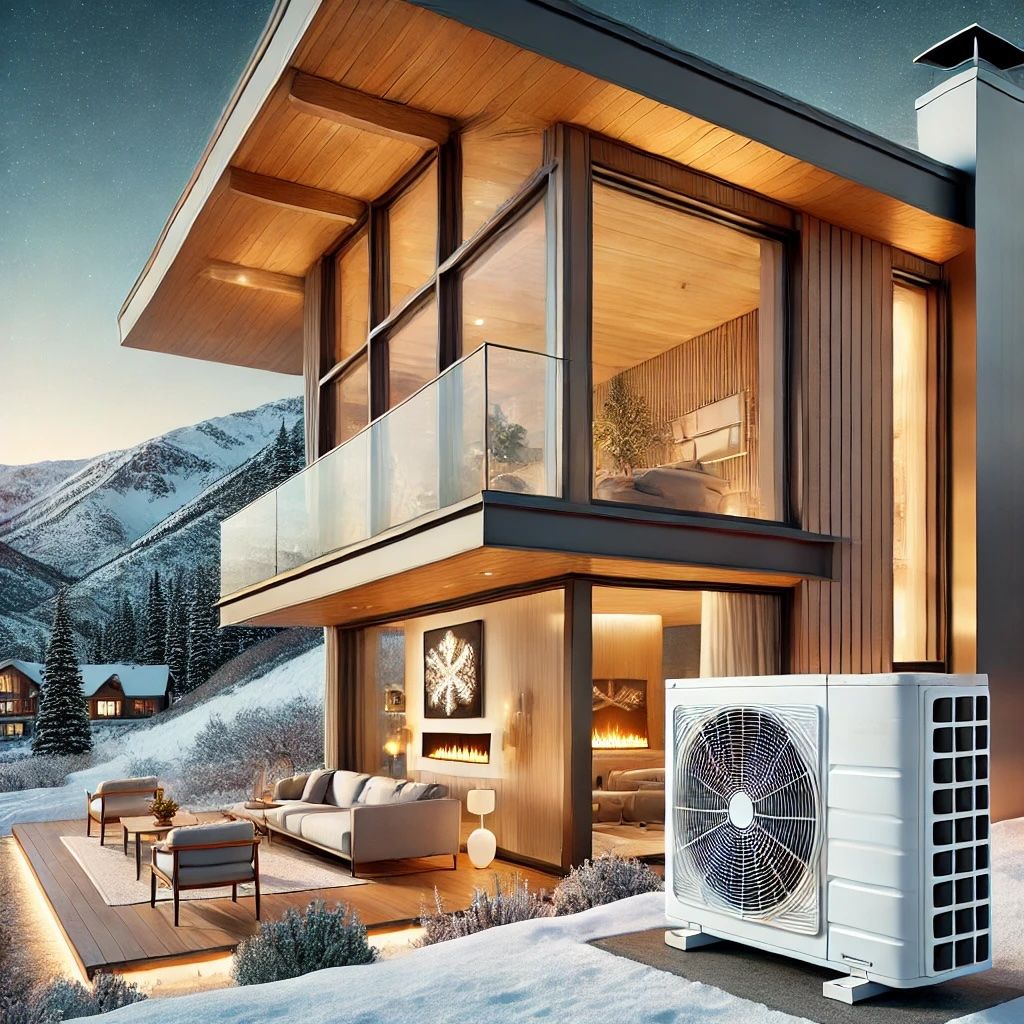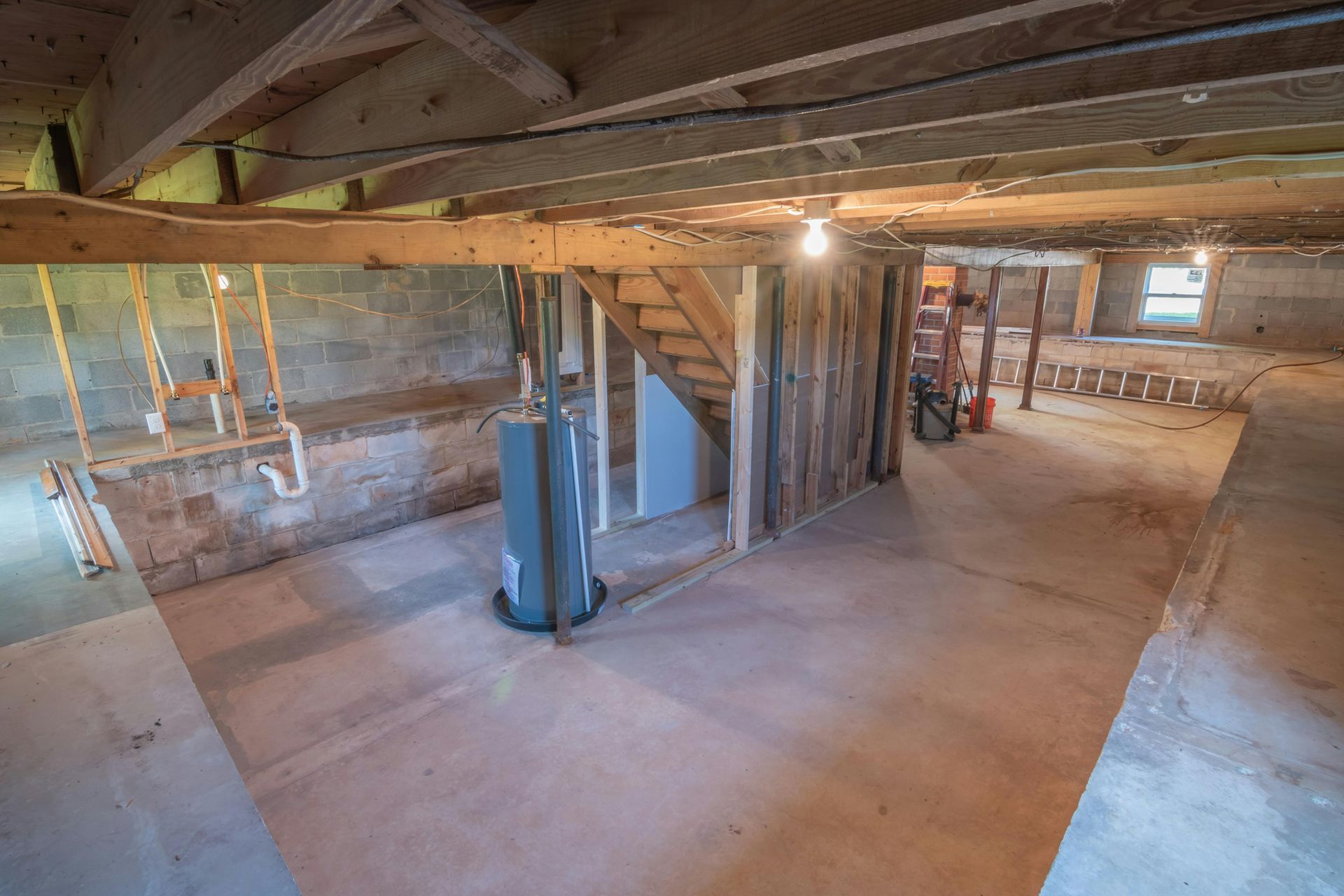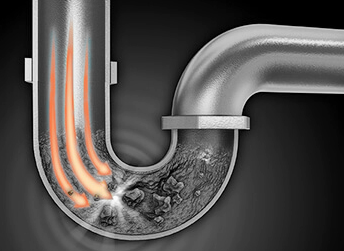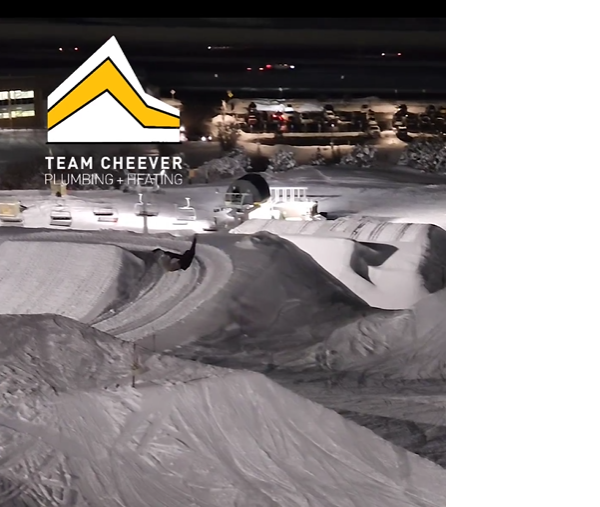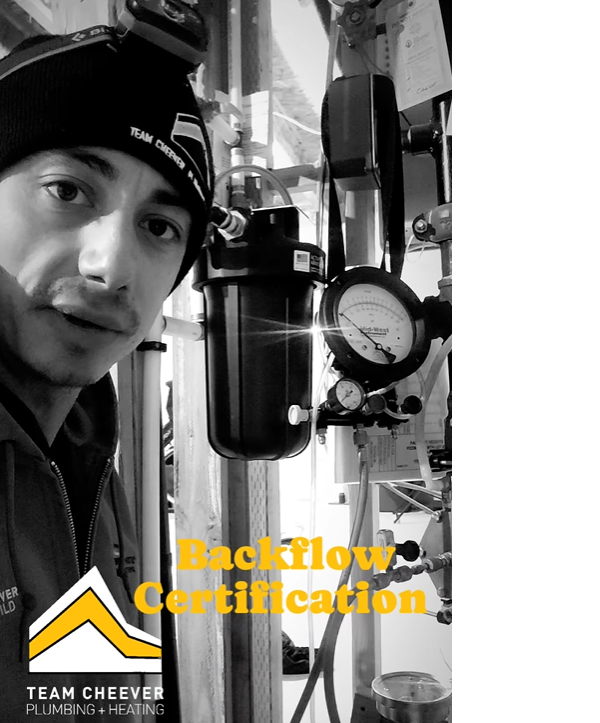Sump Pumps 101
Need your sump pump serviced or installed? Call us today at 435-252-7697!
Hi, I'm Jonathan Cheever. Your local Olympic snowboarder, master plumber, general contractor, and founder of Team Cheever Plumbing and Heating. Park City's family owned and operated plumbing shop. Today, I am talking about sump pumps. With the snowmelt season upon us, it's crucial to keep the groundwater out of your home.
What is a sump pump? A sump pump is designed to prevent water from accumulating in your basement or crawl space, safeguarding your home from potential water damage. A sump is a pit, typically situated at the lowest point of your basement or crawl space. As water flows into this pit, either naturally through the ground or via drainage, the sump pump kicks into gear. And moves that water out of that pit.
There are mainly two types of sump pumps: pedestal and submersible. While pedestal pumps have their uses, we’re big proponents of submersible pumps around here. Not only are they more efficient at moving water, but they’re also quieter and generally out of sight, making them the preferable choice for residential use. Submersible pumps sit right in the sump pit, fully immersed in water, which allows them to handle larger volumes of water more quickly and with less noise.
Now, let’s talk about how these work. Sump pumps are activated by a float switch – think of it as similar to the one in your toilet tank. When the water level in the sump pit rises to a certain point, this switch turns the pump on. From there, the pump draws water out of the pit and redirects it away from your home, usually to a designated drainage area. This process keeps your basement dry, protects your home’s foundation, and prevents the myriad issues that come with water damage. Every pump we install has a backup float switch in-case one fails. And an alarm if they both fail.
Chances are, your system has additional redundancies, like extra pumps. On top of that, understanding the ins and outs of your sump pump system, its redundancy, and the steps for preventive maintenance is crucial. Whether you are a customer of Team Cheever or not, we want you in the know.
How do sump pumps work? The key to keeping your basement dry is the basic operation of a sump pump. It's a device engineered to detect rising water levels within the sump pit—a specially constructed basin for excess water collection, typically located at the lowest part of your basement or crawl space. Thanks to a float switch, much like the mechanism found in your toilet, the pump is activated automatically as water levels rise, ensuring timely intervention before any flooding occurs.
The success of this process hinges on a couple of things - the proper installation of the sump pit and the correct placement of a check valve. The check valve plays a pivotal role, preventing the water just pumped out from flowing back into the pit, ensuring efficient water management and protection against water damage.
Understanding how your sump pump works is just the beginning. Equally important is recognizing what influences its performance and how regular maintenance can significantly extend its life and functionality.
Touching on performance - When we install sump pumps, we size them for your home. We do that by considering the following: the horsepower of the pump, head pressure (or the height the pump needs to lift water to get it out of your home), and the flow rate, which measures how much water it can move in a given time.
Now, maintenance - check the basin for debris. Debris can clog the pump, or end up on top of the float, keeping the pump from turning on.
Next, testing your system. Before it gets really wet, fill your sump with water. Make sure your pump moves that water out. Check your discharge line. This should be 10 to 20 feet away from your home. Farther is not always better, because you can overwork the pump. If there are any problems, identify them - and call a licensed, insured plumber.
Here are a few inspection tips - Listen for Unusual Noises: While it's normal for your sump pump to hum during operation, be alert to any out-of-the-ordinary sounds. Loud noises, knocking, or banging could indicate something is amiss. These sounds warrant a closer look or a professional evaluation.
Regularly inspect your pump and its piping for any signs of cracks or damage. Even small cracks can lead to big problems under pressure. Similarly, ensure your power connection is secure and undamaged
Backup systems are your safety net should the primary pump fail. Whether it's an additional sump pump, a battery-powered, or water-powered system, ensure its float switch is correctly positioned above the primary pump's float. This setup ensures the backup activates if the primary pump is overwhelmed or fails. Water-powered backups, utilize your home's water supply, so no power is needed! They use bernoulli's principle to create vacuum, removing water. We won’t get into the physics of this today, but they are a great option.
Having a basic understanding of these systems and knowing how to do routine checks can save you a massive headache. If you encounter anything that needs professional inspection or service, do not hesitate to call your neighbors at Team Cheever Plumbing and Heating.
